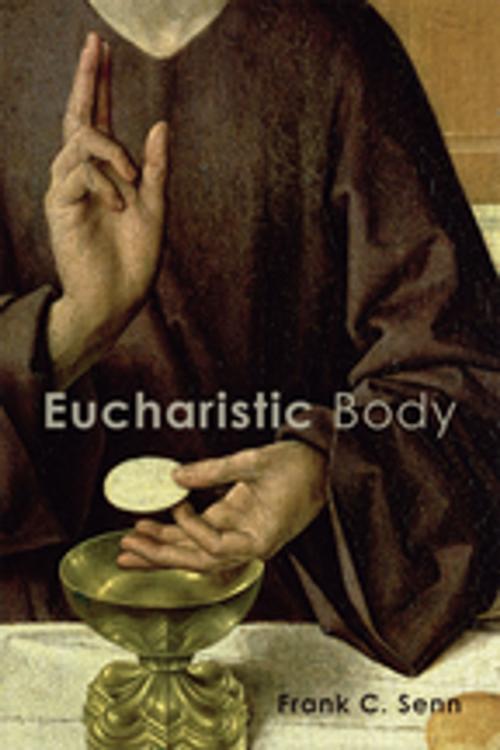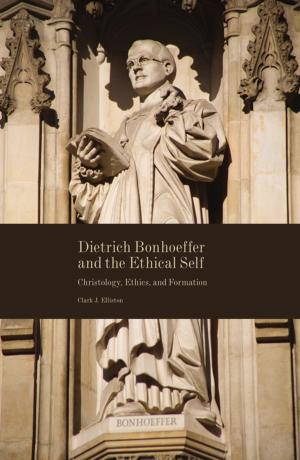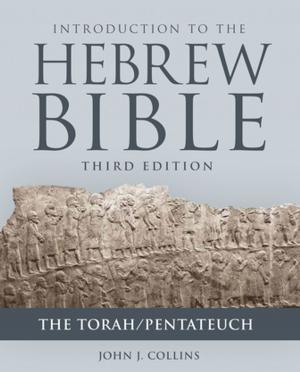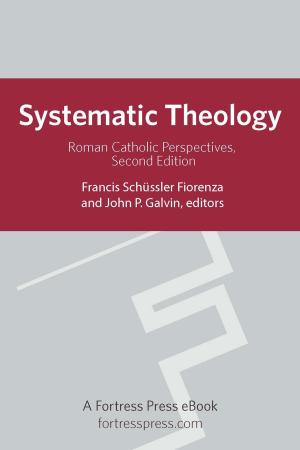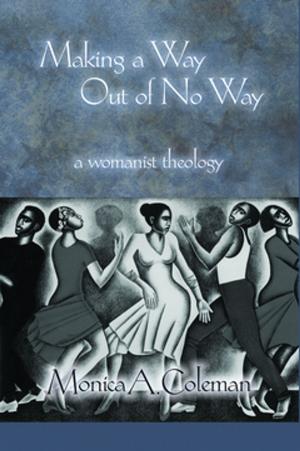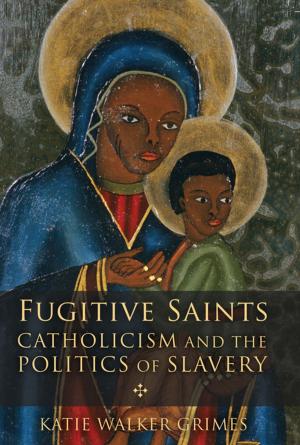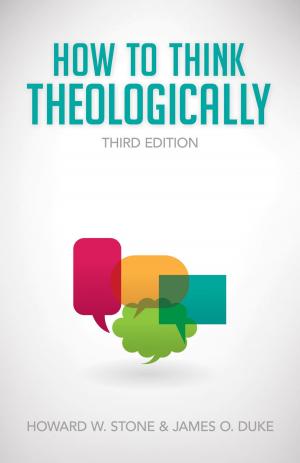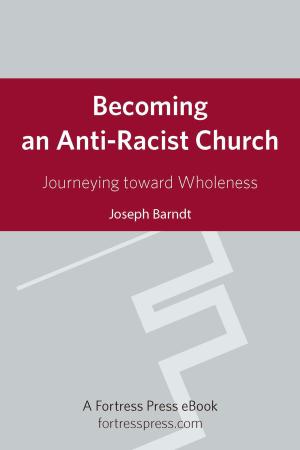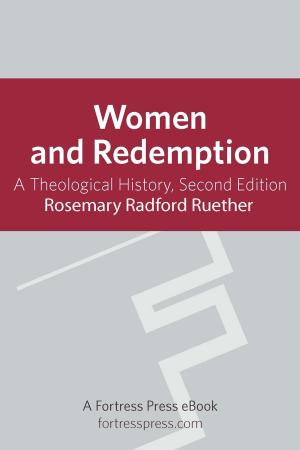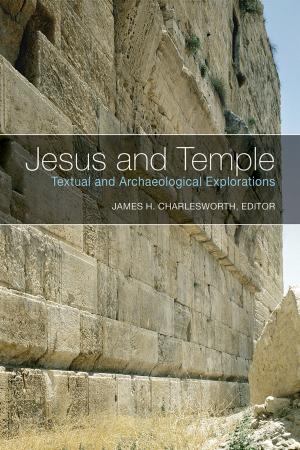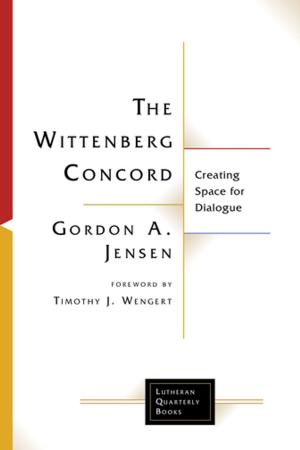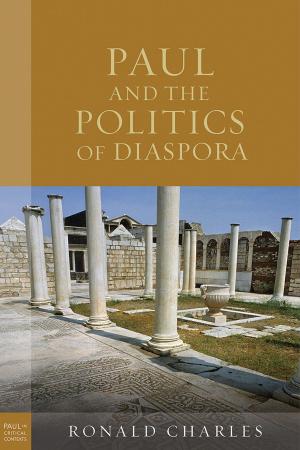Eucharistic Body
Nonfiction, Religion & Spirituality, Reference, Ritual & Practices, Theology, Christianity| Author: | Frank C. Senn | ISBN: | 9781506425160 |
| Publisher: | Fortress Press | Publication: | August 15, 2017 |
| Imprint: | Fortress Press | Language: | English |
| Author: | Frank C. Senn |
| ISBN: | 9781506425160 |
| Publisher: | Fortress Press |
| Publication: | August 15, 2017 |
| Imprint: | Fortress Press |
| Language: | English |
Building on his previous work on embodied liturgy, Frank C. Senn explores the relationship between the sacramental body and blood of Christ, the ecclesial body of Christ, and the body of the communicant. Drawing on the richness of the eucharistic traditions and his own life experiences, this book expands our understandings of the Eucharist to include pilgrimage to the altar (ad altare Dei), a life of gratitude (anaphora), cosmology and praise (preface and Sanctus), body and memory (anamnesis), Spirit and community (epiclesis), Trinitarian orthodoxy and world view (doxology), presence and union with Christ (communion), and initiation and reconciliation (fencing the table). It argues for use of a full eucharistic prayer to express a wider understanding of the Eucharist, including creation themes, an emphasis on the passion of Christ to connect the Eucharist to suffering humanity, an expansion of the fellowship dimension of the Eucharist to embrace the church in heaven and around the world, a recovery of Trinitarian praise, an ecumenical exploration of how we understand theologically the presence of Christ received bodily, and a reconsideration of the value of initiation in sacramental discipline and in the life of faith.
Building on his previous work on embodied liturgy, Frank C. Senn explores the relationship between the sacramental body and blood of Christ, the ecclesial body of Christ, and the body of the communicant. Drawing on the richness of the eucharistic traditions and his own life experiences, this book expands our understandings of the Eucharist to include pilgrimage to the altar (ad altare Dei), a life of gratitude (anaphora), cosmology and praise (preface and Sanctus), body and memory (anamnesis), Spirit and community (epiclesis), Trinitarian orthodoxy and world view (doxology), presence and union with Christ (communion), and initiation and reconciliation (fencing the table). It argues for use of a full eucharistic prayer to express a wider understanding of the Eucharist, including creation themes, an emphasis on the passion of Christ to connect the Eucharist to suffering humanity, an expansion of the fellowship dimension of the Eucharist to embrace the church in heaven and around the world, a recovery of Trinitarian praise, an ecumenical exploration of how we understand theologically the presence of Christ received bodily, and a reconsideration of the value of initiation in sacramental discipline and in the life of faith.
